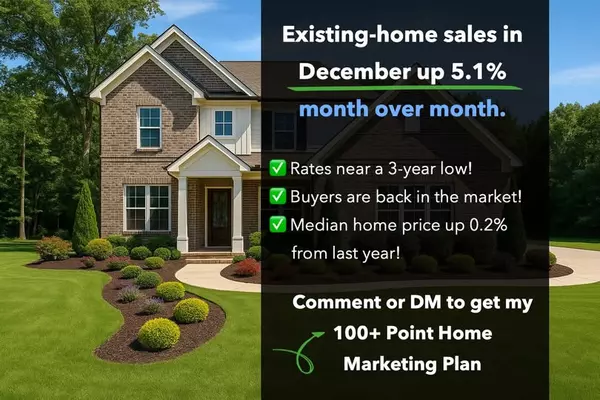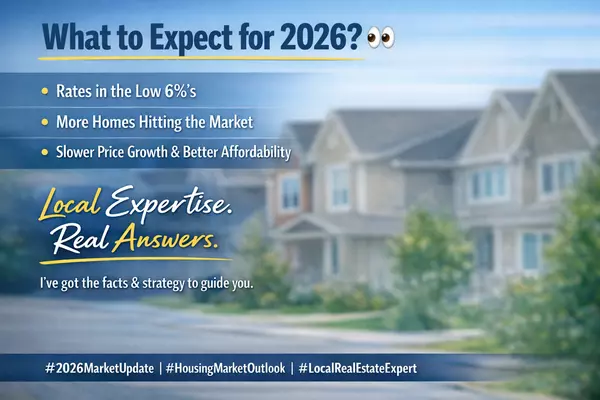Why Buying a Home Now Is Your Winning Play

Some HighlightsYou may be sitting on the sidelines wondering if it’s better to buy now or wait. But buying before the spring rush may be a game-changing decision.Moving this winter can give you significant advantages, like less competition, more negotiating power, and lower prices.If you’re able to
Read MoreThe Perks of Buying a Fixer-Upper

There’s no denying affordability is tough right now. But that doesn’t mean you have to put your plans to buy a home on the back burner.If you’re willing to roll up your sleeves (or hire someone who will), buying a house that needs some work could open the door to homeownership. Here’s everything you
Read MoreThe 3 Biggest Mistakes Sellers Are Making Right Now

If you want to sell your house, having the right strategies and expectations is key. But some sellers haven’t adjusted to where the market is today. They’re not factoring in that there are more homes for sale or that buyers are being more selective with their budgets. And those sellers are making so
Read MoreBuyer Bright Spot: There Are More Homes on the Market

The past few years have been challenging for homebuyers, especially with higher home prices and mortgage rates. And if you’re trying to buy a home, it’s easy to worry you won’t be able to find something in your budget.But here’s what you need to know. The number of homes for sale has grown a whole l
Read MoreThe Real Benefits of Buying a Home This Year

Have you been wondering whether you should keep renting or finally make the leap into homeownership? It’s a big decision, and let’s be real — renting can feel like the easier option, especially if buying a home feels out of reach.But here’s the thing: a recent report from Bank of America highlights
Read MoreNow is the time to sell your Granby home!

Are you considering selling your home in Granby, CT? Now is the perfect time to make that move. The real estate market is thriving, and demand for homes in our charming town is at an all-time high. Whether you’re looking to downsize, upgrade, or relocate, taking advantage of the current market condi
Read MoreTime in the Market Beats Trying To Time the Market
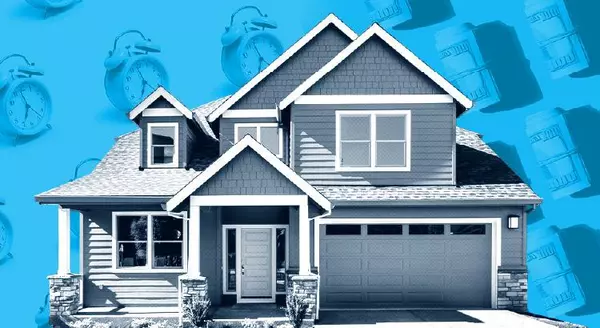
Some HighlightsAre you torn between whether to buy a home now or wait? Consider this.Forecasts show prices will climb for at least the next 5 years. If you wait, the price of a home will be higher later on. But, if you buy a $400K now, you could gain roughly $83K in equity as prices rise.If you're
Read MoreThe Secret To Selling? Using an Agent To Get Your House Noticed

In a recent survey, the National Association of Realtors (NAR) asked sellers what they want most from a real estate agent. The number one answer was to help market their house.It makes sense. The way your agent markets your house can be the difference between whether or not it stands out and gets at
Read MoreTwo Resources That Can Help You Buy a Home Right Now

A recent report from Realtor.com says 20% of Americans don’t think homeownership is achievable. Maybe you feel the same way. With inflation driving up day-to-day expenses, saving enough to buy your first home is more of a challenge. But here’s the thing. With the right resources and help, you can st
Read MoreHow Home Equity Can Help Fuel Your Retirement

If retirement is on the horizon, now’s the time to start thinking about your next chapter. And you probably want to make sure you’re set up to feel comfortable financially to live the life you want in retirement.What you may not realize is you likely have a hidden goldmine of cash you’re not thinkin
Read More3 Reasons To Buy a Home Before Spring

Let’s face it — buying a home can feel like a challenge with today’s mortgage rates. You might even be thinking, “Should I just wait until spring when more homes hit the market and rates might be lower?”But here’s the thing, no one knows for sure where mortgage rates will go from here, and waiting c
Read MoreWhat To Do If Your House Didn’t Sell

Some HighlightsLast year, as many as 1 in 3 sellers took their home off the market because it wasn’t selling.If this happened to you too, you don’t need to be embarrassed. What you need are answers. And a local real estate agent can help with that by seeing if it was priced too high, needs some repa
Read MoreSmaller Homes, Bigger Opportunities: The Homebuilder Trend Buyers Love
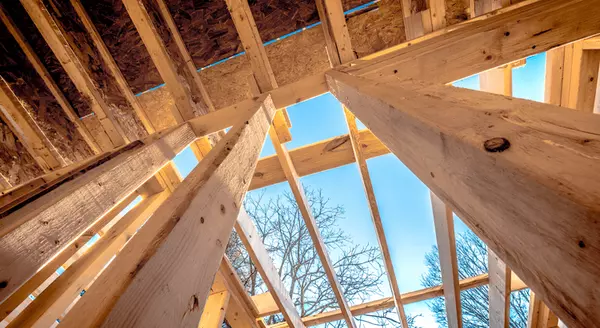
It’s no secret that affordability is tough with where mortgage rates and home prices are right now. And that may have you worried about how you’ll be able to buy a home. But, if you don’t need a ton of space, you may find you have more cost-effective options in an unexpected place: new home communit
Read MoreHow to find the best Granby Realtor in 2025

Finding the best Granby realtor in 2025 can make all the difference whether you're buying or selling a home. In a market as dynamic and competitive as Granby's, having the right professional by your side is crucial. Here’s how you can find the best realtor to meet your needs.For Buyers:When it comes
Read MoreIf Your House’s Price Is Not Compelling, It’s Not Selling

There’s one big mistake you need to avoid when you sell your house this year: setting your price too high. It might seem like overpricing gives you room to negotiate or could really boost your profit, but the reality is, it usually backfires.In fact, Realtor.com says almost 20% of sellers — that’s o
Read MoreWhy More People Are Buying Multi-Generational Homes Today

Today, 17% of homebuyers are choosing multi-generational homes — that’s when you buy a house with your parents, adult children, or even distant relatives. What makes that noteworthy is that 17% is actually the highest level ever recorded by the National Association of Realtors (NAR). But what’s driv
Read MoreWhen Is the Perfect Time To Move?

It’s easy to get caught up in the idea of waiting for the perfect moment to make your move – especially in today’s market. Maybe you’re holding out and hoping mortgage rates will drop, or that home prices will fall. But here’s what you need to realize: trying to time the market rarely works. And her
Read More-
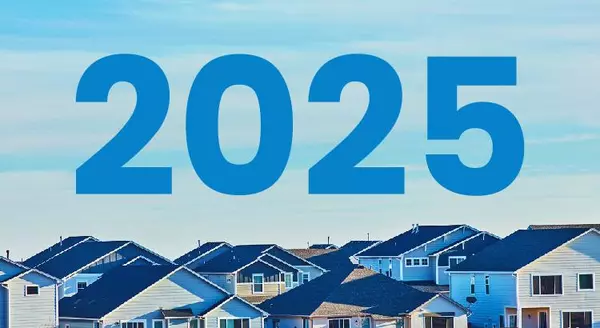
Some HighlightsWondering what to expect when you buy or sell a home this year? Here’s what the experts say lies ahead.Mortgage rates are projected to come down slightly. Home prices are forecast to rise in most areas. And, there will be more homes available for sale.Want to know more about what this
Read More One Homebuying Step You Don’t Want To Skip: Pre-Approval

There’s one essential step in the homebuying process you may not know a whole lot about and that’s pre-approval. Here’s a rundown of what it is and why it’s so important right now.What Is Pre-Approval?Pre-approval is like getting a green light from a lender. It lets you know how much they’re willing
Read MoreRoughly 11,000 Homes Will Sell Today – Will Yours Be One of Them?

Are you hesitant to sell your house because you’re worried no one’s buying with rates and prices where they are right now? Here’s some perspective that can help.The market actually isn’t at a standstill. While there weren’t as many sales last year as there’d be in a normal market, roughly 4.15 milli
Read More
Categories
Recent Posts

